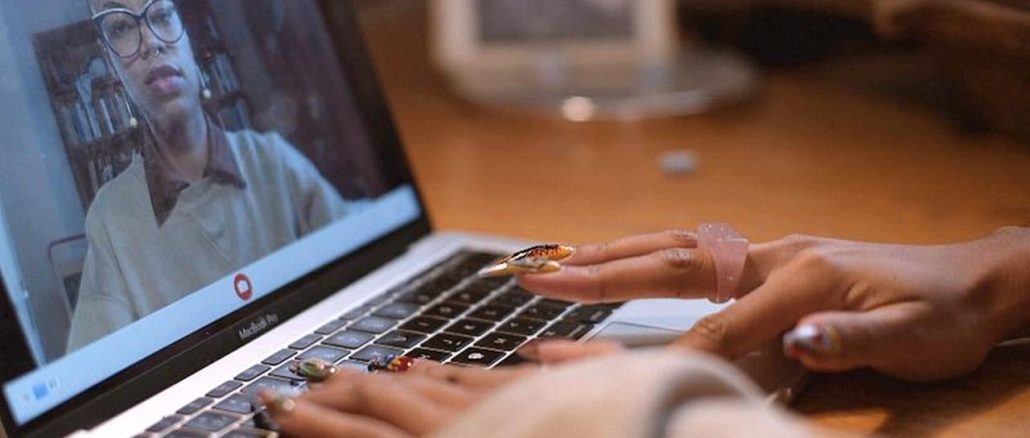
Vrije Universiteit Amsterdam vindicated in discrimination complaint
The Vrije Universiteit Amsterdam (VU) has been cleared of allegations of discrimination after a student claimed that the university’s anti-cheating software had unfairly targeted her because of her dark skin color. The Board for Human Rights dismissed the complaint, stating that the student’s difficulties with the software were unrelated to her race. Nevertheless, the Board criticized the university for its handling of the discrimination complaint.
Allegations of Discrimination
In July 2022, Robin Pocornie, a bioinformatics master’s student, filed a complaint alleging that she faced difficulties using the mandatory anti-cheating software, Proctorio, during online exams. Pocornie claimed that she had to shine a light on her face to prove her identity to the software, while her white classmates did not face the same requirement.
The interim judgment in December from the independent supervisor suggested that Pocornie may have been a victim of discrimination based on her skin color. Scientific research has shown that facial recognition software can be less accurate for individuals with dark skin tones. However, the Board for Human Rights ultimately concluded that Pocornie did not experience more problems than other students during exams.
Disappointment and Awareness
While Pocornie expressed disappointment with the outcome of the complaint, she was satisfied that her case had drawn attention to the issue of discrimination in technology. She highlighted the need for educational institutions to consider the equal functionality of the technology they use for all students.
The Racism and Technology Center, which provided legal assistance to Pocornie, also expressed disappointment with the Board’s decision. The center’s lawyer and chairman, Naomi Appelman, remarked on the challenges of legally proving discrimination in algorithmic systems.
University’s Response
The VU acknowledged in October that it had not initially considered the potential for discrimination when implementing the anti-cheating software. However, the university emphasized its efforts to minimize the risk of software malfunctions and offered students the option to take exams in-person if they encountered issues during practice exams.
NU.nl reached out to the Vrije Universiteit for a response to the Board’s ruling, but a statement from the university is pending.
Broader Impact
Although Pocornie’s case did not result in a finding of discrimination, it has raised awareness about the potential biases in technology and highlighted the importance of ensuring equal access and functionality for all students, regardless of their race or skin color. By shining a light on this issue, Pocornie’s case has prompted educational institutions to reassess their use of technology and consider the potential discriminatory effects of algorithmic systems.
As the conversation around discrimination in technology continues, it is essential for universities and other institutions to critically evaluate and address any potential biases in the tools they employ. By doing so, they can ensure a fair and inclusive learning environment for all students.

Be the first to comment